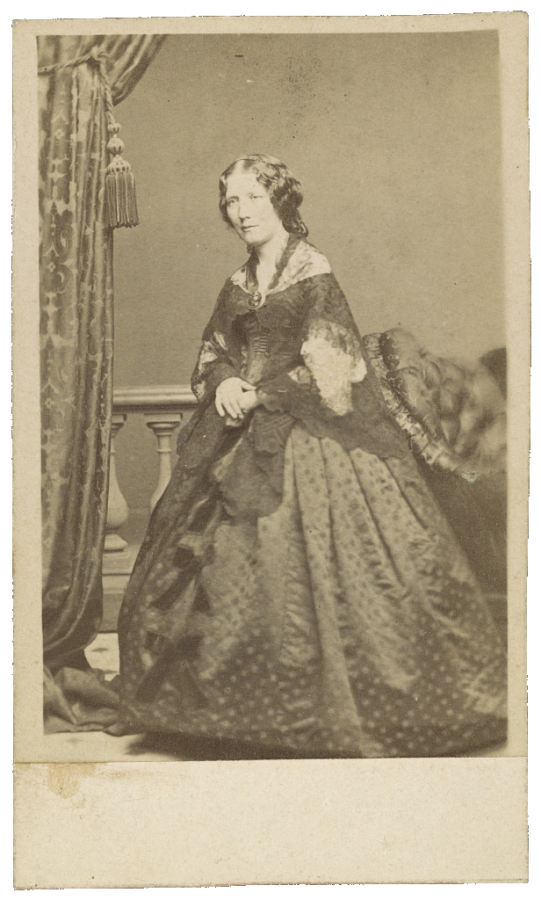Uncle Tom’s Advice to Children
I am listening to the world-changing book Harriet Beecher Stowe published in 1852: Uncle Tom’s Cabin. Words that Stowe used are painful for us modern readers to hear. Stories she told make us shudder. However, Stowe painted a picture of a time we Americans need to remember. The oft-times beautiful story of American history has pages that are ugly. We need to know about these pages. We also need to know about what Americans have done to change course and to bring about the freedoms our founding fathers envisioned.

When Stowe created the character of Uncle Tom, she made him an intelligent and strong man of deep Christian faith and integrity. Early in the book, Uncle Tom’s “Mas’r” sold him to pay off debts. The “Mas’r’s” son George whom Tom also calls “Mass’r” loves Uncle Tom and has spent many happy evenings reading the Bible to him and his family in Uncle Tom’s cabin.
George was away from home when Uncle Tom left with a slave seller. When George learned of the sale, he hurried to find Uncle Tom and say goodbye. George was furious with his father for selling his friend and began to say mean things about his father. Uncle Tom stopped him, saying “O! Mas’r George, ye mustn’t talk so ’bout yer father!”
Then Uncle Tom instructs young George about George’s relationship with his mother.
“And now, Mas’r George,” said Tom, “ye must be a good boy; ’member how many hearts is sot on ye. Al’ays keep close to yer mother. Don’t be gettin’ into any of them foolish ways boys has of gettin’ too big to mind their mothers. Tell ye what, Mas’r George, the Lord gives good many things twice over; but he don’t give ye a mother but once. Ye’ll never see sich another woman, Mas’r George, if ye live to be a hundred years old. So, now, you hold on to her, and grow up, and be a comfort to her, thar’s my own good boy,—you will now, won’t ye?”
“Yes, I will, Uncle Tom,” said George seriously.
“And be careful of yer speaking, Mas’r George. Young boys, when they comes to your age, is wilful, sometimes—it is natur they should be. But real gentlemen, such as I hopes you’ll be, never lets fall on words that isn’t ’spectful to thar parents. Ye an’t ’fended, Mas’r George?”
“No, indeed, Uncle Tom; you always did give me good advice.”
“I’s older, ye know,” said Tom, stroking the boy’s fine, curly head with his large, strong hand, but speaking in a voice as tender as a woman’s, “and I sees all that’s bound up in you. O, Mas’r George, you has everything,—l’arnin’, privileges, readin’, writin’,—and you’ll grow up to be a great, learned, good man and all the people on the place and your mother and father’ll be so proud on ye! Be a good Mas’r, like yer father; and be a Christian, like yer mother. ’Member yer Creator in the days o’ yer youth, Mas’r George.”
It is painful to hear Uncle Tom accepting his role as a slave and his owner and his owner’s son as his masters. However, his advice for children and their relationship to their parents is timeless and in keeping with God’s teaching.
Listen to your father, who fathered you,
And do not despise your mother when she is old.
Buy truth, and do not sell it,
Get wisdom, instruction, and understanding.
The father of the righteous will greatly rejoice,
And he who fathers a wise son will be glad in him.
Let your father and your mother be glad,
And let her rejoice who gave birth to you.
Proverbs 23:22-25

